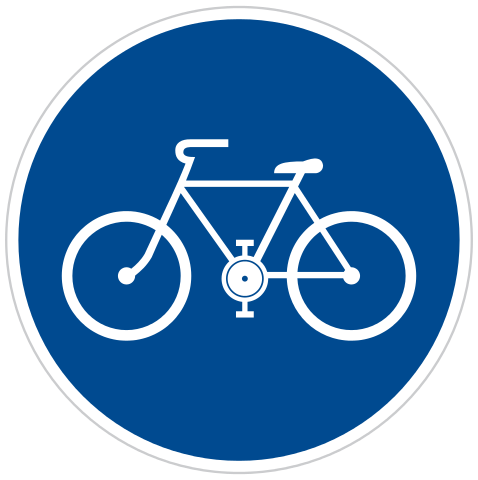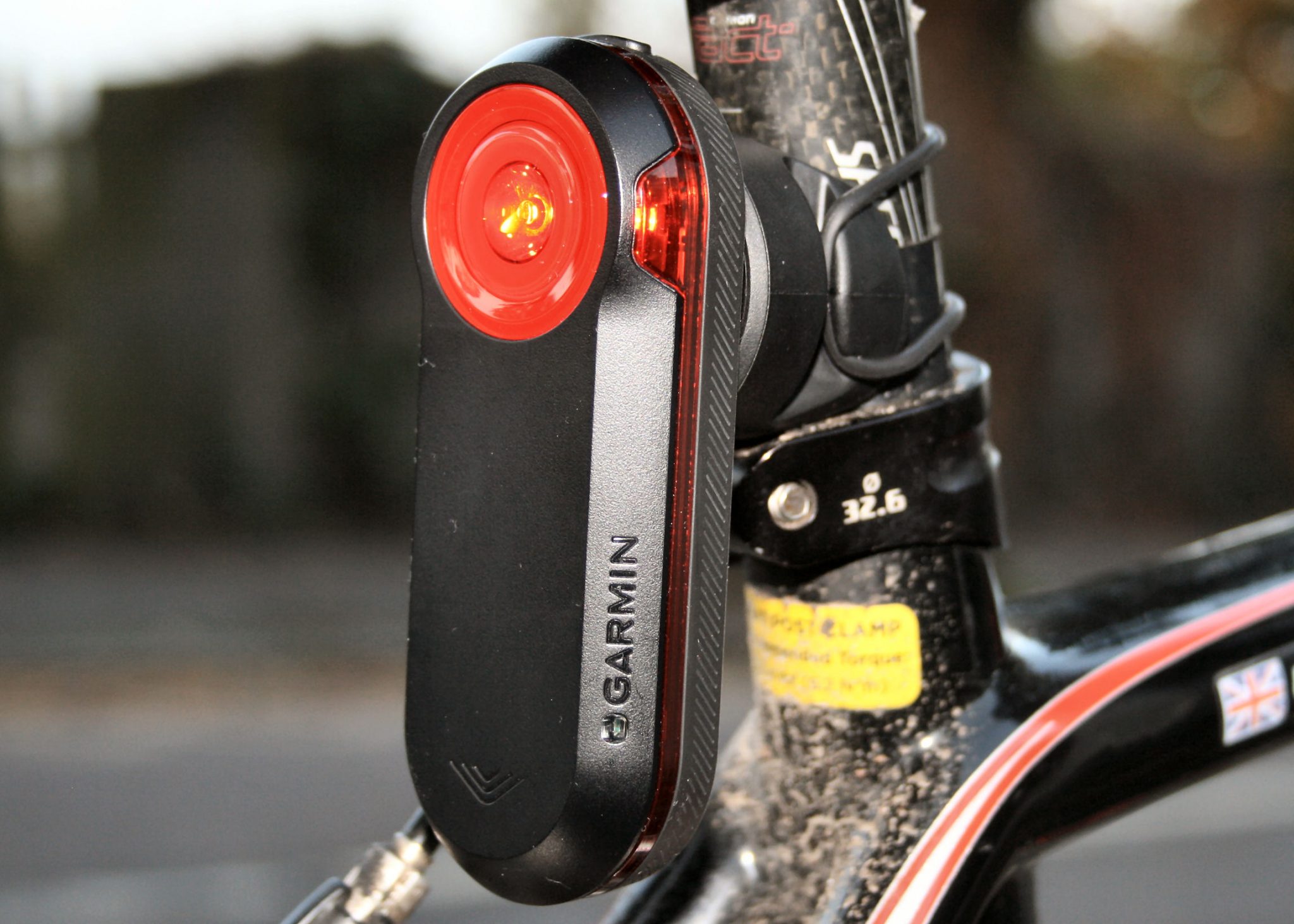- cross-posted to:
- [email protected]
- cross-posted to:
- [email protected]
I say this as a fellow cyclist so please don’t misunderstand me:
If your bike blinks, I hate you. You’re not more visible, because I have to look away or feel like I’m being attacked by an industrial grade strobe-light. Your lights are too bright, it’s pointed directly into my eyes. The blinking only irritates my eyes further.
If you want to be visible, use an excessive amount of retroreflective tape because that only makes you bright to the source emitter and it makes you far brighter than your 3000 lumen rear LEDs do.
A mild blinking light beside a respectable brightness light is the best.
If there is only a flashing light, it can make it very difficult to judge distance, direction and speed of the cyclist. So an always-on light should be required.
And very few other things on the road have blinking red or white lights, which makes it very easy to identify that they are a cyclist. So a (not-blinding) flashing light is extra safety for the cyclist.Reflective tapes are fine, but don’t work for pedestrians in the dark.
Reflective tapes are extra safety.Sorry, but you’re just wrong on the facts here. Blinking lights are significantly safer.
Perhaps more to the point though: “I hate you”, directed at any cyclist just trying to go about their lives in a safer way, makes you an arsehole.
I’m a cyclist and driver and think it’s very important to see other users easily. IMO the strobing lights can be distracting and overwhelming.
For example, when riding in a group at night, a steady rear light will be appreciated by your fellow riders – the group needs to be seen, but cycling close to a flashing rear light can be distracting or dazzling.
Most bike lights also use wide beams without a cut-off that could dazzle drivers or other cyclists. Any cyclist who has shared a bike path with an oncoming strobing light can attest to this.
I’m being attacked by an industrial grade strobe-light. Your lights are too bright
your 3000 lumen rear LEDs do.
Are you being literal? Because rear bike lights are often very low lumen.
The Varia RT515, for example, has a range of 8 to 65 lumens, with 65 being the daytime mode.
Trek’s radar light has a 5 lumen night mode.
By comparison, car taillights are generally 500 lumens and brighter. In many states, you can have headlights on your car that produce 3000 lumens, while most commuter bike lights that I’ve seen are generally designed to be operated at 200 to 400 lumens (usually the lower end if you’re commuting at night).
I would say that I’m not an advocate for strobe flashing patterns, and I don’t see any practical use for them at all. But a slow pulse pattern is about as gentle as you can get while still being more visible than even a brighter solid mode.
I second this. Blinking lights make it more difficult to gauge your position, speeds,or even Tell if you’re stationary or moving.
Also at an intersection if I look your way in the split second your light blinks, you’re invisible.
Whem i cycle i always use solid lights, and only if i have more than one rear light I’ll make it blink.
Think, if blinking lights are safer, why aren’t they installed factory default on cars and airplanes? They are in fact less safe.
For me:
Solid light in the dark + a second flashing toplight on the helmet if possible.
Drying the day, both sets flashing.
A flashing toplight has definitely saved me before as it’s flashing where your are looking so people pulling out of side roads see you, has definitely made a few drivers jump!
In the dark you need that fixed light for judging distance etc as you said.
Counterpoint: blinking lights are in fact installed on airplanes both large and small. Red beacon lights blink, and so do high intensity white strobe lights. The variation helps identify the source of lights against a busy city skyline at night (that must be an aircraft we’re looking at) and serves to call attention against a sea of steady lights in the background. It’s very easy for the airplane to blend in otherwise. Even some racecars pulse their brakelights automatically to draw the attention of fellow racers. Finally, as a driver in sometimes poorly lit areas compounded with a rather avid local bicycling culture, I have found that bicycles equipped with rear-facing red blinking LEDs really help distinguish the bike against the background. The best setups had a light on the back of their helmets as well, which does the most to aid depth perception.
deleted by creator
I’d agree: more lighting is better, and an easily recognisable arrangement of constant lights would help with depth perception. The farther apart from each other, the better. Defending the use of blinking lights as a very important addition is my aim here.
Nobody is using rear lights anywhere near as bright as what you’re describing. Cars are way, way brighter.
Retroreflective tape is a fine additional measure though.
100% agree and I feel like some of the onus is on the light manufacturers to provide some notes as to the safest and most equitable operation
I HATE cycling in the city when the two lanes are adjacent as the power and all the different modes make it super distracting, but you can’t exactly flag these people down to explain… Grrr
Cyclists caught flashing in France face a fine of approximately €11.
Wow, normally I have to pay way more.
Absolutely bonkers regulation. Decreasing people’s safety because of some nonsense remote possibility someone might confuse a bike for a cop car.
Decreasing people’s safety because of some nonsense remote possibility someone might confuse a bike for a cop car.
Wait, is that the reason???
I’m in Canada and have a wide range of bike light, including the Varia radar.
I own actual bike lights, regular lights that can be used as bike lights, and bike lights that are “StVZO” compliant.
The StVZO lights are dim, don’t have flashing patterns, have an extreme cut-off beam, and honest don’t make me feel safe at all. They reduce my visibility (i.e. seeing where I’m going), and it’s silly that they are this way for “safety”.
I do agree that some lights or flashing patterns simply shouldn’t be used. I’m not trying to give someone a seizure, but I do want them to know that I’m a vulnerable road user.
My daytime running lights flash a slow pattern, and have low lumens. They cannot “blind” people, yet can be seen at a good distance.
As a cyclist, you can’t win the visibility game. I’ve had people tell me that my lights are too bright, not bright enough, and have been praised for how good my lights are (by pedestrians).
My rear light is always in a flashing pattern, and the Varia will make this pattern more intense as vehicles approach. I was riding with another Varia user and he said that motorists would give him praise for how the light pattern works.
Any of these legislators are welcome to ride a bike with “safe” lights, and tell us how safe they feel. Or they can look up the numerous studies about visibility and cyclist safety if they don’t want to risk their life with a 300 lumen narrow-beam “compliant bike light”.
No flashing, but pulsing is okay. Having been chased off a shared path by a strobing bike coming in the opposite direction, this seems like a good middle ground, where visibility is increased without being blinding to others.
Are there studies on whether flashing patterns are better for night time visibility than steady? I think flashing patterns at least in part were introduced with the very first battery powered lights because batteries had low capacity and LEDs consumed more power. Steady light on a 2x NiMH lasted just several hours. Things are different these days. Most lights have high density LiIon cells and efficient LEDs making steady operation practical, especially at the rear.
Are there studies on whether flashing patterns are better for night time visibility than steady?
Yes, there are. Blinking is much more visible.
For anyone who wouldn’t spare a click:
The study found the flashing light was far superior on the straight road, allowing detection of the rider from three times the distance of the steady light. This equated to detection 82m sooner, on average.
Also, ooof:
In addition, participants from this study commented that the steady light looked like a motorcyclist from a distance, while the flashing light enabled them to identify the road user as a cyclist sooner.
I have a strong dislike for blinking lights on bicycles. It may make them easier to spot early for motorists, but way harder to estimate which precise direction and how fast they’re going.
can anyone explain to me what the difference between pulsing and flashing is
deleted by creator
right ok, thank you
How come this was deleted? Seemed innocuous but helpful.
Pulsing lights never go off. The idea appears to be that the pulse triggers your movement response while the steady underlying state helps we mammals judge the distance more accurately.
Totally disconnect from the reality of cyclists. This will endanger cyclists riding on rural roads.
People going twice the speed limit on rural roads is more of a danger, but this certainly doesn’t help!
I live in Germany and I own the RTL515 (ordered from France), which is technically banned from even being installed on a bike here, regardless of the mode used.
I generally use these modes:
At night: steady with flashing when cars approach
During the day: day flash mode (different pattern when cars approach)
When others may be cycling behind me: peloton mode (dimmer and pulses when cars approach)
Not once have I been stopped or fined for using this bike light. I know it’s a controversial topic, but idgaf, I’m convinced it’s safer than the German model, which not only doesn’t flash, but is also significantly less bright. The laws are dumb anyway, considering it would be perfectly legal to use the light mounted to myself or helmet. But the moment it’s attached to the bike it’s illegal? Makes no sense.










